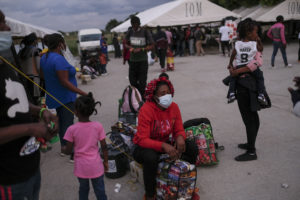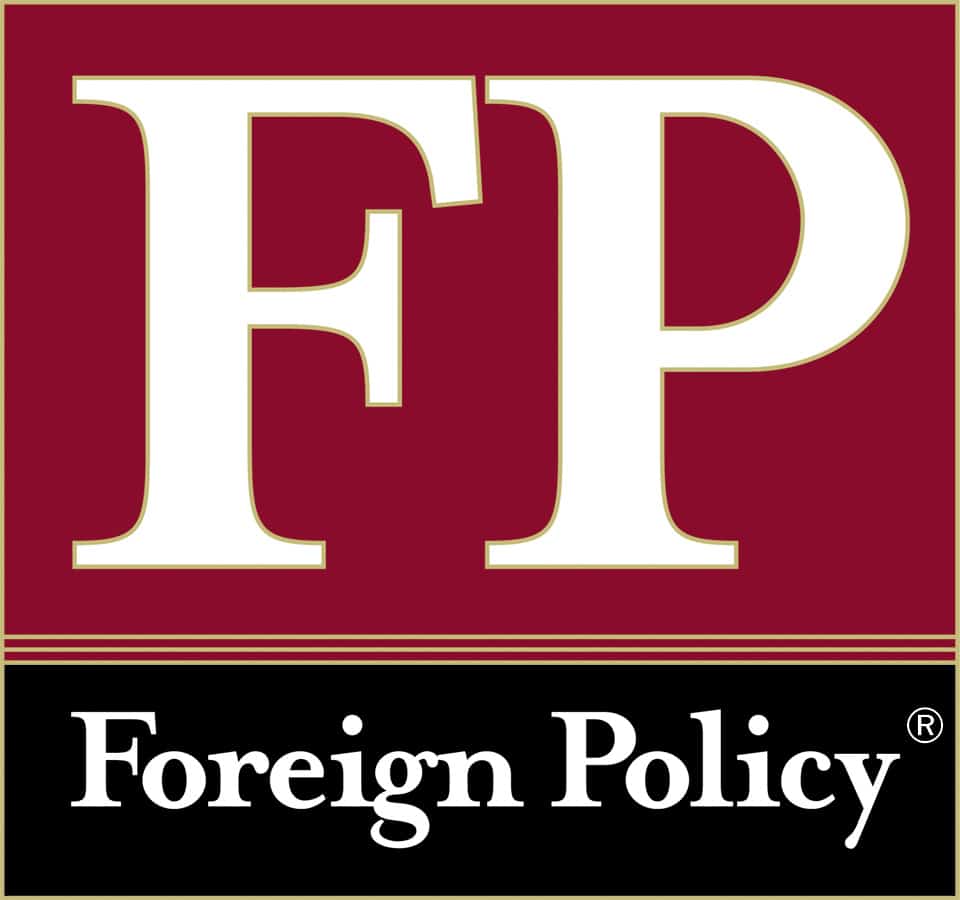On November 30-December 1, WOLA joined representatives of international cooperation organizations, universities, human rights organizations, and migrant organizations to participate in the Second International Forum for Haitian Migration in the Americas. The forum sought to address the complex migration reality of Haitians in the Americas.
Citing concerns over Haiti’s humanitarian crisis, institutional instability and persistent policies that criminalize and discriminate against Haitians— anti-immigrant policies by the government of Bahamas and the Dominican Republic, and the recent decision by President Trump’s administrations deny extension of Temporary Protected Status (TPS) for Haitian immigrant in the United States— civil society outlined the impact these policies can have on Haitian migrant’s human rights in a joint declaration.
As such, the participating organizations called upon States and governments of the continent to realize urgent and integral actions to address the situations and effectively protect Haitian migrants.
Specifically they demand that:
- All migration policies and legislation in the Continent are based upon an international rights and human rights framework. They should include respect for due process and the principle of solidarity.
- The Donald Trump Administration must cease i) its decision to end the TPS program for 59,000 Haitians and other migrants from other countries who need protection without legalizing their migration status and ii) political actions that criminalize and stigmatize these populations. Directives to return and/or deport Haitians are grave given that this population has for years constructed their lives in a new country, with children who were raised there. As such, finalizing TPS constitutes a violation to the integrity of Haitian migrants and is discriminatory and racist towards an afro descendant population.
- The Congress of the United States should pass legislation to regularize the status of Haitian migrants with TPS status so that they can obtain legal residency in the country.
- The Dominican Republic should cease its discriminatory and exclusionary policies against Haitian migrants. It should reinstate fully the nationality of Dominicans of Haitian descent who were made stateless by Ruling 168-13.
- The countries of Mexico, Central America and the Andean Region should strengthen their system to prevent and respond to the human rights violations committed against migrants in transit, the phenomena of trafficking with special attention paid to female and children migrants. In addition, they should advance the construction or reform of norms, public policies and adequate institutionally that focus on the rights of migrants.
- Southern Cone countries must maintain multilateral efforts that support the rights of Haitian migrants and advance processes of protection and Latin-American citizenship that is rights based. Receptor and transit countries must respect and guarantee the rights of migrants and principle of non-refoulment.



